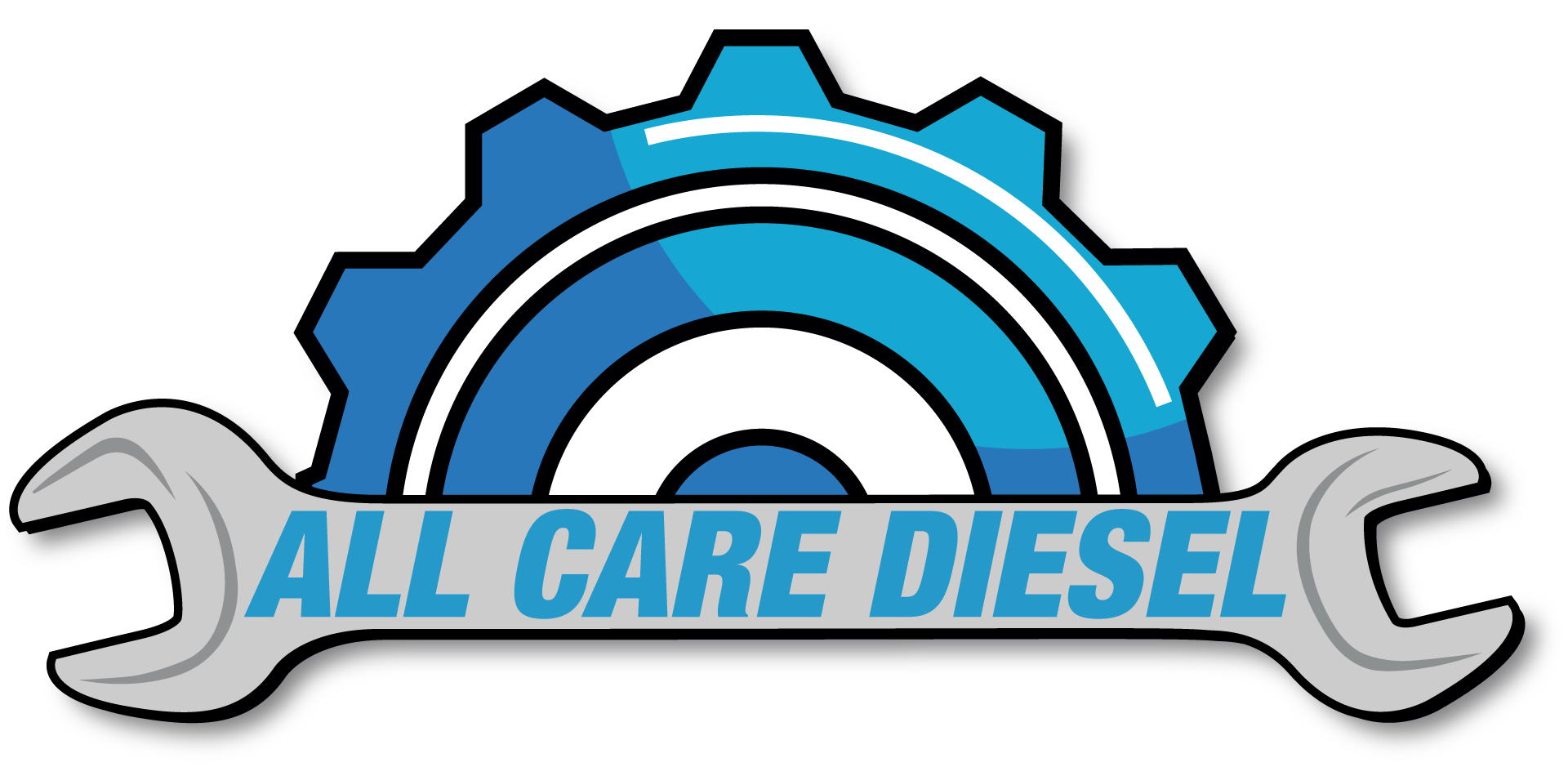
Maintenance for trucks is the routine servicing and inspection of vehicles to prevent breakdowns, ensure safety, and extend lifespan. It involves checking essential systems and components like engines, brakes, tires, fluids, and electrical systems before issues arise. This proactive approach is key to minimizing downtime and keeping operations running smoothly.
Why It Matters
Maintenance for trucks offers several critical benefits. It helps reduce the likelihood of unexpected failures that can lead to delays, costly repairs, or safety hazards. By catching problems early, you keep trucks in top condition, reduce emergency repair costs, and improve overall fleet performance.
Key Maintenance Tasks
Common Maintenance for trucks includes:
Oil and filter changes
Tire rotation and tread checks
Fluid level checks (coolant, transmission, power steering, etc.)
Battery testing and terminal cleaning
Lights and electrical system inspections
Leveraging Technology for Maintenance
Fleet management software can automate scheduling, track service history, and alert managers to upcoming maintenance needs. This helps streamline preventive truck maintenance and ensures no task is overlooked. Digital logs also provide valuable data for audits, performance analysis, and long-term planning.
Conclusion
Maintenance for trucks is an essential practice for any fleet, large or small. It increases uptime, lowers repair costs, boosts safety, and supports long-term asset value. By investing in routine care, businesses can ensure their trucks stay road-ready and reliable. In the competitive world of transportation, preventive maintenance for trucks isn’t optional—it’s a strategic necessity.
